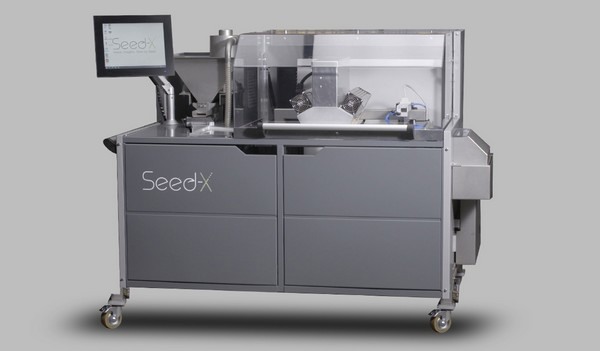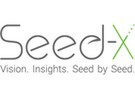It goes without saying that all vegetable and fruit growers want to maximize yield potential. The current traditional practices for enriching and processing seeds for germination are based on statistical sampling and limited to achieving on average germination rates of 90%. But, what if growers could buy seed batches that offered germination rates as high as 95% (5% above the current industry standard), both for germinability (timely germination onset) and usability (vigorous germination)? This would significantly increase the yield potential.

According to Aynat Peleg, marketing manager for ag-tech company Seed-X, this scenario is now a viable reality thanks to AI-powered seed qualification. “Seed-X’s GeNee™ Sorter machine uses AI, computer vision, and advanced algorithms to check for germinability, seed by seed. And it can do this for Solanaceae, Cucurbits, and Brassica seeds. Thanks to AI-powered seed sorting, only non-germinating seeds are rejected from a batch – leading to a new industry germination standard of above 90%, and even up to 95% - and with minimal wastage of usable seeds! For seed companies, there is also a big financial upside. Current statistical practices for testing and upgrading germination rates have limits when it comes to enriching a batch that falls below the baseline for germination rates.”
“For example, if after processing, a batch is found to have 85% germinability, the batch is below industry standard and cannot be sold, resulting in a significant financial loss that can amount to tens or even hundreds of thousands of dollars. Around 10-15% of batches are non-recoverable and non-saleable, which is impacting the entire supply chain. However, if seed producers switched to AI-powered seed by seed qualification, this could lead to significant cost reduction, some of which could be passed onto growers,” Peleg explains. “Setting a new industry standard for vegetable seed germination of up to 95% is great news for farmers. They stand to benefit from improved yields and optimized input usage, and potentially lower seed batch prices, as a result of seed producers lowering their costs thanks to a reduction in non-market value discarded batches. So why jeopardize yield potential by buying seed batches with variable, sub-optimal, or non-optimized germination rates?”
“Become a partner in improving overall food security by asking your seed producer to make the switch to AI-powered seed-by-seed qualification that can ensure batches with above 90% germination rates,” Aynat Peleg concludes.
For more information:
Aynat Peleg
Seed-X
info@seed-x.com
www.seed-x.com
